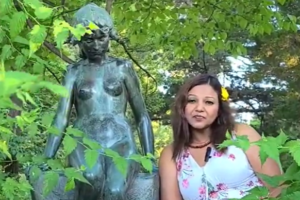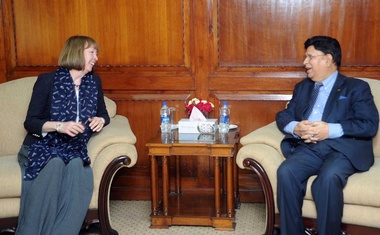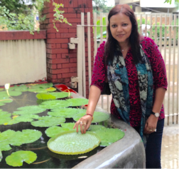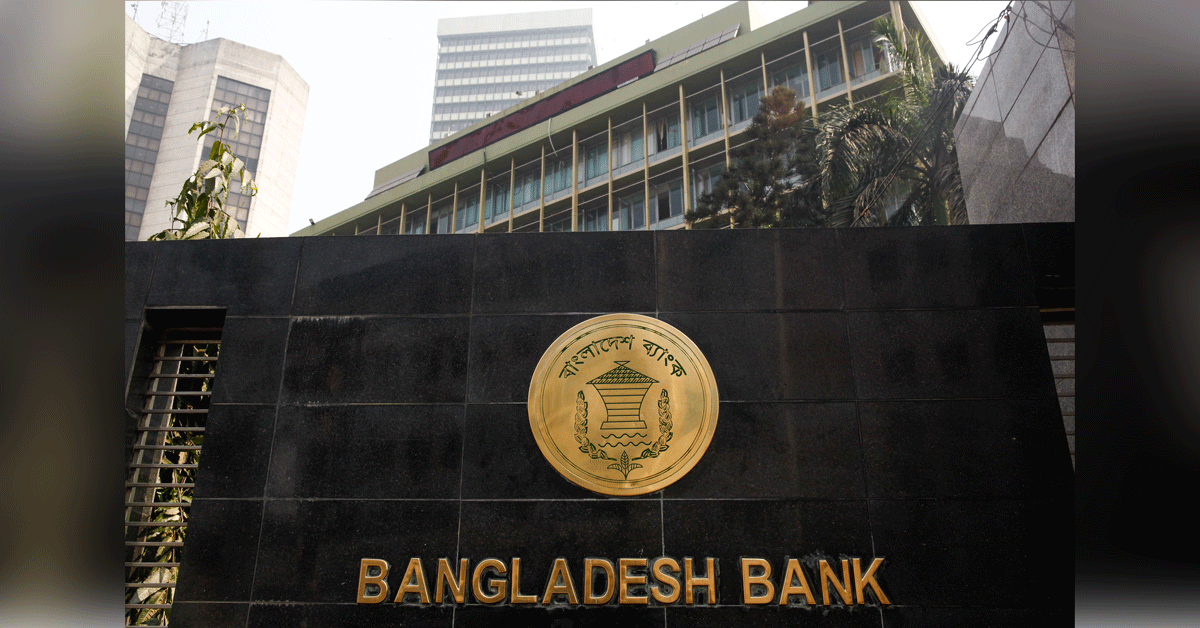In the morning, the squarely built father of four wore flowing tribal robes to receive visitors in his garden, but by early afternoon he was in jeans, traveling light, his cellphone in one hand and his to-do list in his head.
He had a half dozen stops before he reached Tahrir Square in Baghdad, ground zero for the demonstrations now shaking Iraq.
The man, Bassim al-Kaabi, 41, is one of scores of people organising the protests from Sadr City, a vast, impoverished neighbourhood of Baghdad with a history of defying the government.
“Let us be frank, we are poor people in Sadr City and we need many things: schools, health clinics, jobs,” said al-Kaabi, who drives a taxi to support his family.
“What is a pity is that we believed the politicians who said, ‘vote for us and we will do our best for you,’” he said. “But then we found they were liars and so now we are saying, ‘enough.’”
For the last five weeks, more than 200,000 Iraqis across the country have gathered on any given day to demonstrate against the government. Security forces have killed at least 320 and wounded about 15,000, according to the United Nations office in Iraq.
The protesters are angry about corruption, unemployment and Iran’s influence. Many are educated, idealistic young people, who are mostly urban and secular. But the largest group are working-class and poor Shiite Muslims, either from the southern part of the country or with origins there.
These Iraqis have suffered decades of economic deprivation as well as government oppression by the Sunni Muslims, who controlled the government during the dictatorship of Saddam Hussein. And they have a history of violent resistance.
They feel frustrated that having endured Saddam Hussein’s reign, the civil war that followed his overthrow and then the invasion of the Islamic State group, their lives have seen little improvement.
Most of Sadr City’s residents are descended from people who migrated from Iraq’s south, and retain rural and tribal ties there. So the neighbourhood offers a window into the passions driving the current protests and its roots in southern Iraq’s tradition of defiance.
With more than 3 million inhabitants, Sadr City is crowded and littered. Its larger boulevards give way to smaller unpaved streets and cracked asphalt alleys.





















